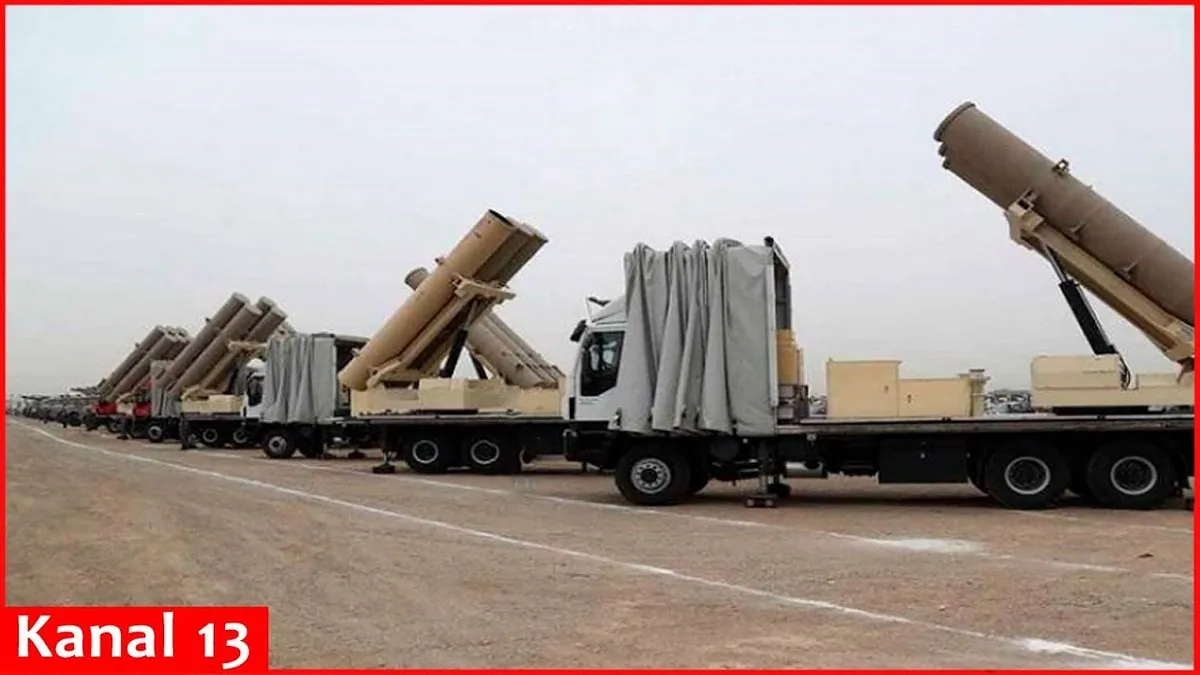Iran has officially acknowledged its provision of ballistic missiles to Russian forces engaged in the Ukraine conflict, receiving soybeans and wheat in return. This revelation comes approximately two years and seven months after Russia's invasion of Ukraine, which began in February 2022.
Ahmad Bakhshayesh Ardestani, an Iranian MP and member of the country's Security and Foreign Policy Committee, disclosed the arrangement, stating, "We circumvent sanctions through our partnership with Russia. We import soybeans, corn, and other goods from Russia." This admission occurred shortly after US officials cautioned about Iranian missile shipments and strengthening Russia-Iran military ties.
Iran, under stringent Western sanctions since 1979, has limited access to hard currencies, compelling it to engage in barter trade for essential commodities. The MP further justified the missile supply, drawing parallels with Iran's support for other groups: "We give missiles to Hezbollah, Hamas, and Hashd al-Shaabi, so why not to Russia?"
US intelligence has confirmed that Iran has dispatched 200 Fath-360 ballistic missiles to Russia. These missiles, launched from mobile platforms, are comparable to the US-built HIMARS but potentially more formidable. The Fath-360 boasts a top speed of Mach 4, surpassing the HIMARS missiles' Mach 2.5, and carries a payload of 330 pounds, approximately double that of HIMARS.
Bill Burns, the CIA director, expressed concern about this development during a recent event in London, describing it as a "dramatic escalation" in Iran-Russia military relations. He emphasized the reciprocal nature of the partnership, noting Russia's potential to enhance Iran's ballistic missile capabilities.
At the same event, Sir Richard Moore, head of MI6, stated that Iran has chosen to become an active participant in Russia's war in Ukraine. He warned that the impact of these weapons would be evident on the battlefield, potentially resulting in civilian casualties and infrastructure destruction.
The delivery of Fath-360 missiles to Russia underscores Tehran's growing significance as an arms supplier to the Kremlin. Farzin Nadimi, a senior fellow at the Washington Institute for Near East Policy, suggested that this could pave the way for future transfers of longer-range missiles.
Analysts predict that these missiles could be particularly devastating along the extensive Donbas front line, where Russian forces continue to concentrate their attacks. Recently, Russia's defense ministry reported the capture of a village just three miles from Pokrovsk, a strategically important town in the Donetsk region.
As the conflict in Ukraine approaches its third year, the introduction of these advanced Iranian missiles could potentially alter the dynamics of the war, presenting new challenges for Ukrainian forces and their Western allies.
"Europeans sell arms to Ukraine. Nato has entered Ukraine, so why shouldn't we support our ally by sending missiles and drones to Russia?"
This development highlights the complex geopolitical landscape surrounding the Ukraine conflict, with Iran's increasing involvement potentially shifting the balance of power and complicating international efforts to resolve the crisis.
